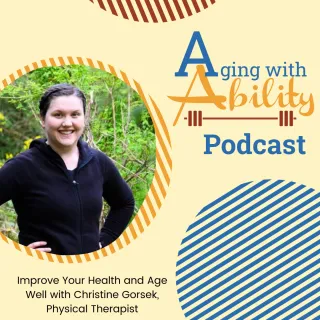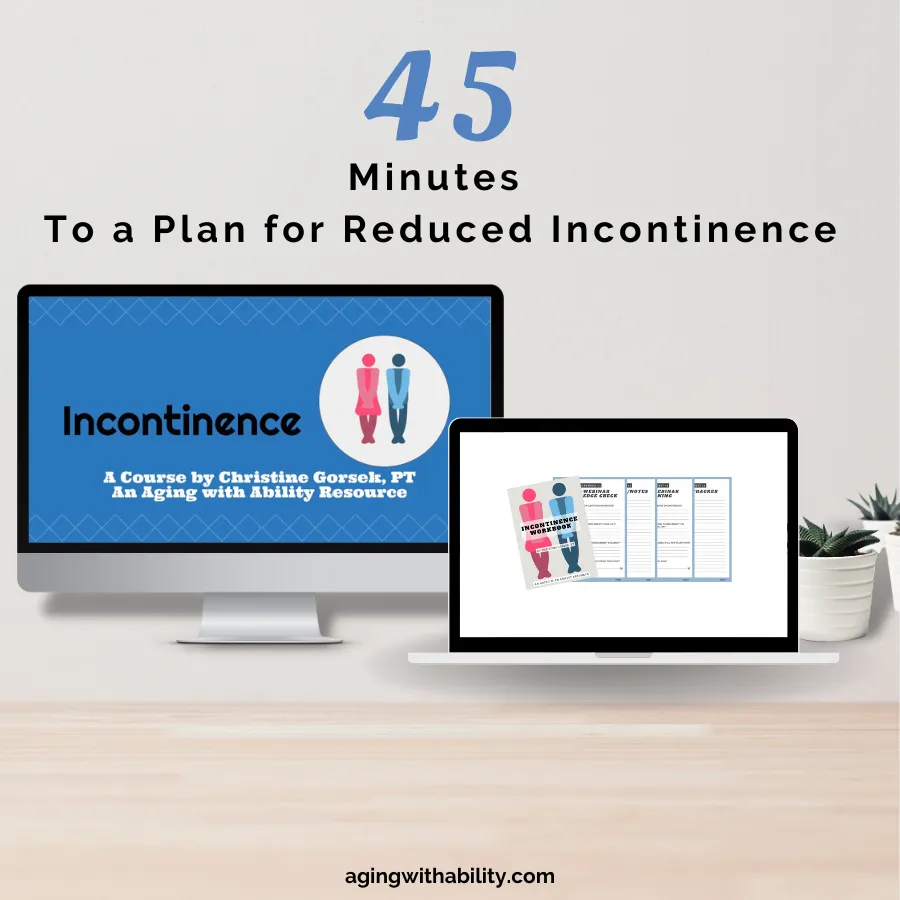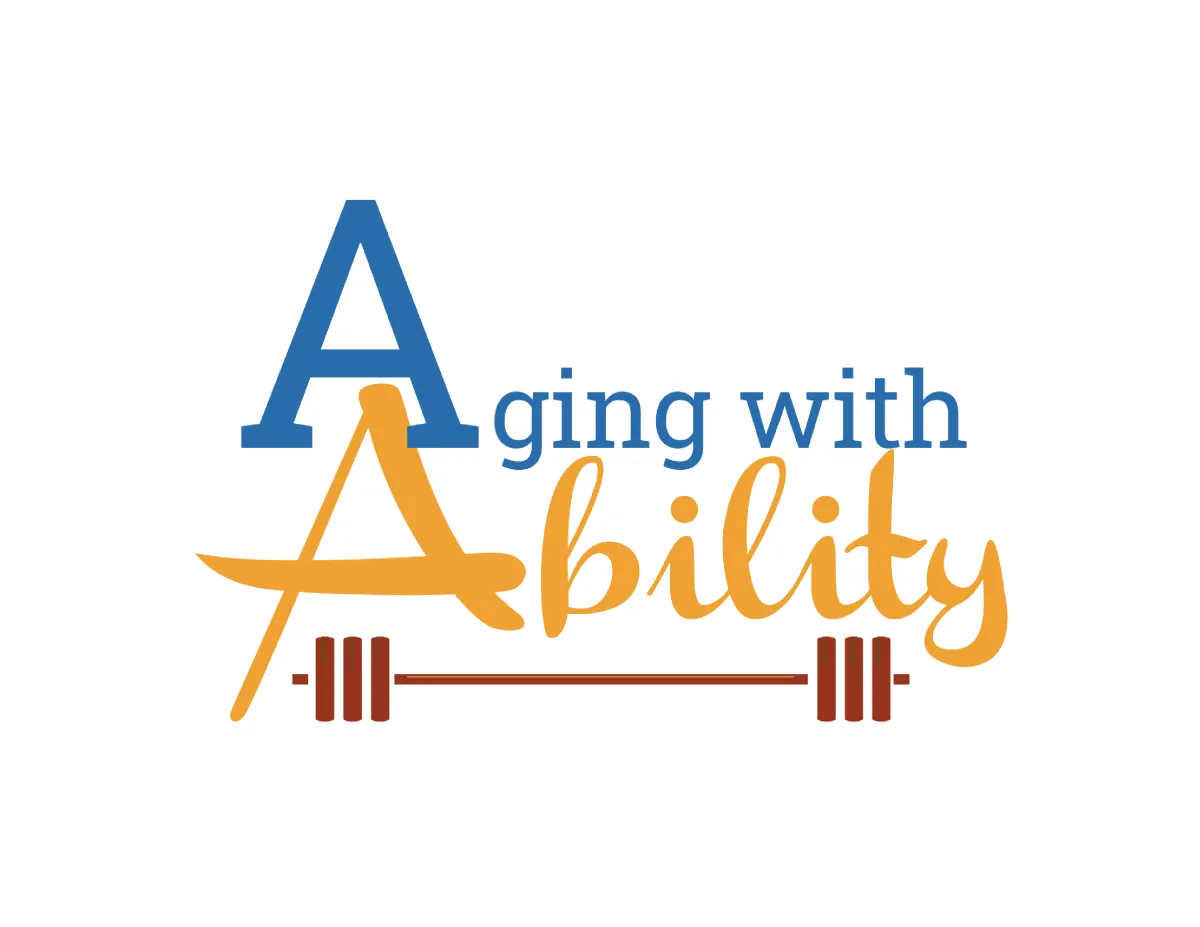Providing Encouraging Resources for Older Adults to Improve Their Health and Age Well
Welcome to Aging with Ability! A site created by a physical therapist with over 8 years in home health, outpatient, skilled nursing, and hospital care environments.
Whether its falls prevention, pain reduction, chronic disease management, or how to increase your ability to exercise you can find assistance here. Check it out!
Blog Posts and Podcast Episodes
Check out our most recent blog and podcast topics

Medicare Coverage for Physical Therapy Services (AwA Podcast Ep. 12)
Do you find Medicare confusing? You are not alone! Learn some tips from a physical therapist about how to find out about your therapy coverage in different therapy settings. ...more
AwA Podcast Episodes
July 31, 2024•1 min read

11 Conditions You May Be Surprised That Physical Therapists Treat Part 2 (AwA Podcast Ep. 11)
Find out 6 more conditions you may be surprised that a physical therapist can treat in this part 2 podcast and post. ...more
AwA Podcast Episodes
July 31, 2024•1 min read

11 Conditions You May be Surprised that Physical Therapists Treat Part 1 (AwA Podcast Ep. 10)
You may think of back or joint pain when you think about physical therapy treatments. But, PTs treat many conditions including COPD and dizziness. ...more
AwA Podcast Episodes
July 31, 2024•1 min read

5 Steps to Help Make Your Next Medical Visit a Success
Do you feel rushed at the doctor's office? Here are some tips from a physical therapist on how to feel more prepared and use your visit time well. ...more
Resources ,Health Tips
July 30, 2024•7 min read

An Overview of Medical Specialties (AwA Podcast Ep. 9)
Do you see so many doctors it is hard to keep track? Print the free list of medical specialists so you have a quick reference sheet to keep track of your medical providers. ...more
Resources ,AwA Podcast Episodes
July 30, 2024•5 min read

Physical Therapy is a Treatment Not a Speed Bump to Treatment (AwA Podcast Ep. 8)
PT is not just a box to check off on your way to an MRI or a surgical procedure. Physical therapy treats many conditions non-invasively. Learn more. ...more
AwA Podcast Episodes
July 30, 2024•1 min read
Falls Prevention Course

Do You Know Your Personal Falls Risk?
4 Key Areas of Falls Risk
Learn Specific Prevention Strategies
Use the Workbook to Create Personalized Goals
Created by a Home Health Physical Therapist
Incontinence Course

Here's what's Included:
40+ minutes of video content ( value $195)
8 page notebook/workbook to follow along with video content (value $15)
Support via email for questions
Future course updates for FREE
All for the price of an average physical therapy visit copay!

Contact Us
christine@agingwithability.com
503-208-6586
Newberg, OR
Copyright © 2024 Aging with Ability | Powered by Christine Gorsek
Facebook
Youtube
Pinterest